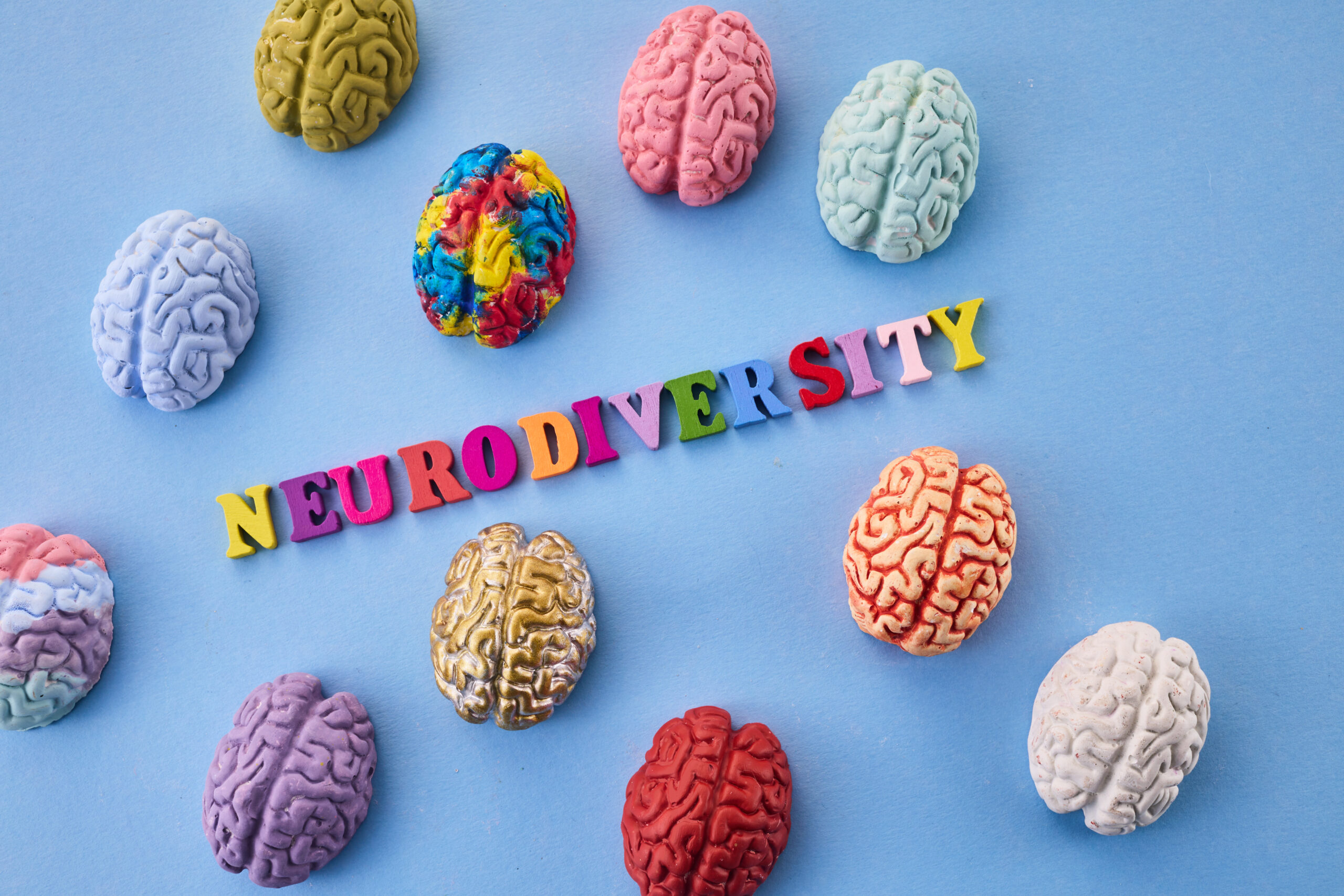Neurodiversity Screening & Planning
Empowering families with clarity, understanding, and actionable steps.
Neurodiversity Screening & Planning
Neurodiversity is the understanding that neurological differences, such as Autism, ADHD, Dyslexia, and more, are natural variations of the human brain. Instead of viewing these differences as deficits, neurodiversity celebrates unique ways of thinking, learning, and experiencing the world. At Flourish Counselling, we believe in embracing these strengths while providing support for the challenges that may arise.
Neurodiversity Screening is the first step toward understanding the unique needs of individuals. We offer personalised assessments to identify neurodiversity in children, teens, and adults. By gathering insights about strengths and challenges, we help create tailored action plans for diagnosis, treatment, and ongoing support.
Our Screening Process:
- Comprehensive Assessments: Identify neurodiverse traits and how they impact daily life.
- Personalised Action Plans: Develop a roadmap for diagnosis, treatment, and strategies tailored to your situation.
- Professional Referrals: Connect you with trusted specialists who align with your specific needs.
- Ongoing Support: Equip you with tools and strategies to confidently navigate the neurodiversity journey.

Common Signs of Neurodiversity
Neurodiversity refers to the natural differences in how people think, learn, and process the world around them. Understanding these traits is essential to providing the right support. Screening helps identify unique characteristics that might be missed or misunderstood, ensuring individuals get the care they need to succeed.
- Difficulty with Social Interactions or Communication
Individuals may struggle to pick up on social cues, maintain conversations, or express their thoughts and feelings effectively. This can result in challenges forming relationships, participating in group activities, or navigating social environments.
- Highly Focused Interests or Repetitive Behaviours
Intense focus on specific topics, hobbies, or activities is a common trait, often accompanied by a need for routine or repetitive behaviors. While these interests can showcase extraordinary passion or expertise, deviations from routine may lead to distress.
- Challenges with Attention, Organisation, or Managing Emotions
Difficulties with staying focused, organizing tasks, or regulating emotions are often observed in neurodiverse individuals. This can manifest as hyperactivity, impulsivity, or being easily overwhelmed by daily challenges.
- Sensory Sensitivities
Over- or under-reacting to sensory input—such as loud noises, bright lights, or particular textures—is a hallmark of neurodiversity. For some, sensory overload may lead to anxiety or withdrawal, while others might actively seek certain sensory experiences.
Frequently Asked Questions
Who benefits from a neurodiversity screening?
Individuals of all ages—from young children to adults—can benefit from understanding their neurological differences.
Is a diagnosis the same as a screening?
No. A screening identifies traits that may suggest neurodiversity, while a diagnosis is a formal process conducted by specialists.
What happens after the screening?
We provide personalised recommendations, action plans, and referrals to trusted professionals for further support if needed.

Support Starts with Understanding
Early recognition of neurodiversity is key to making a meaningful difference.
